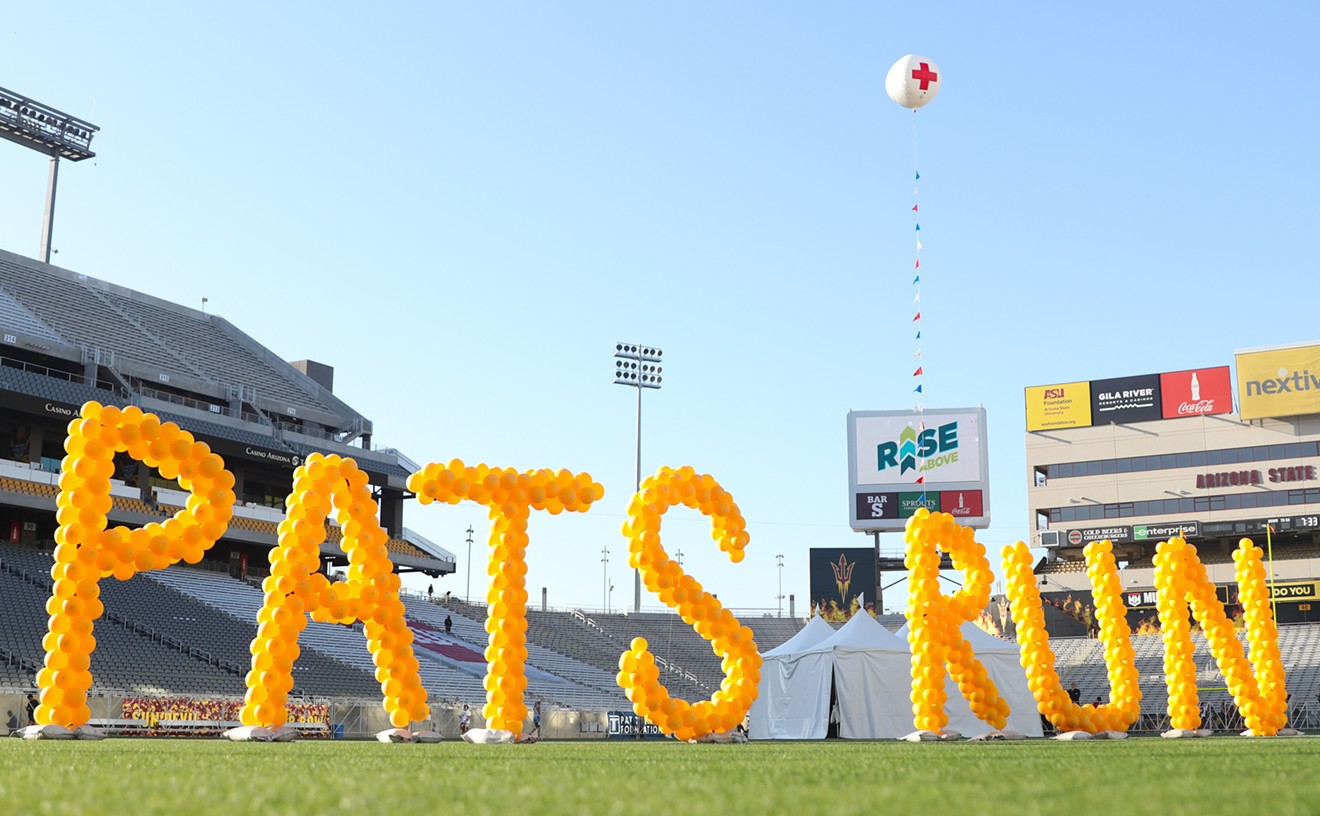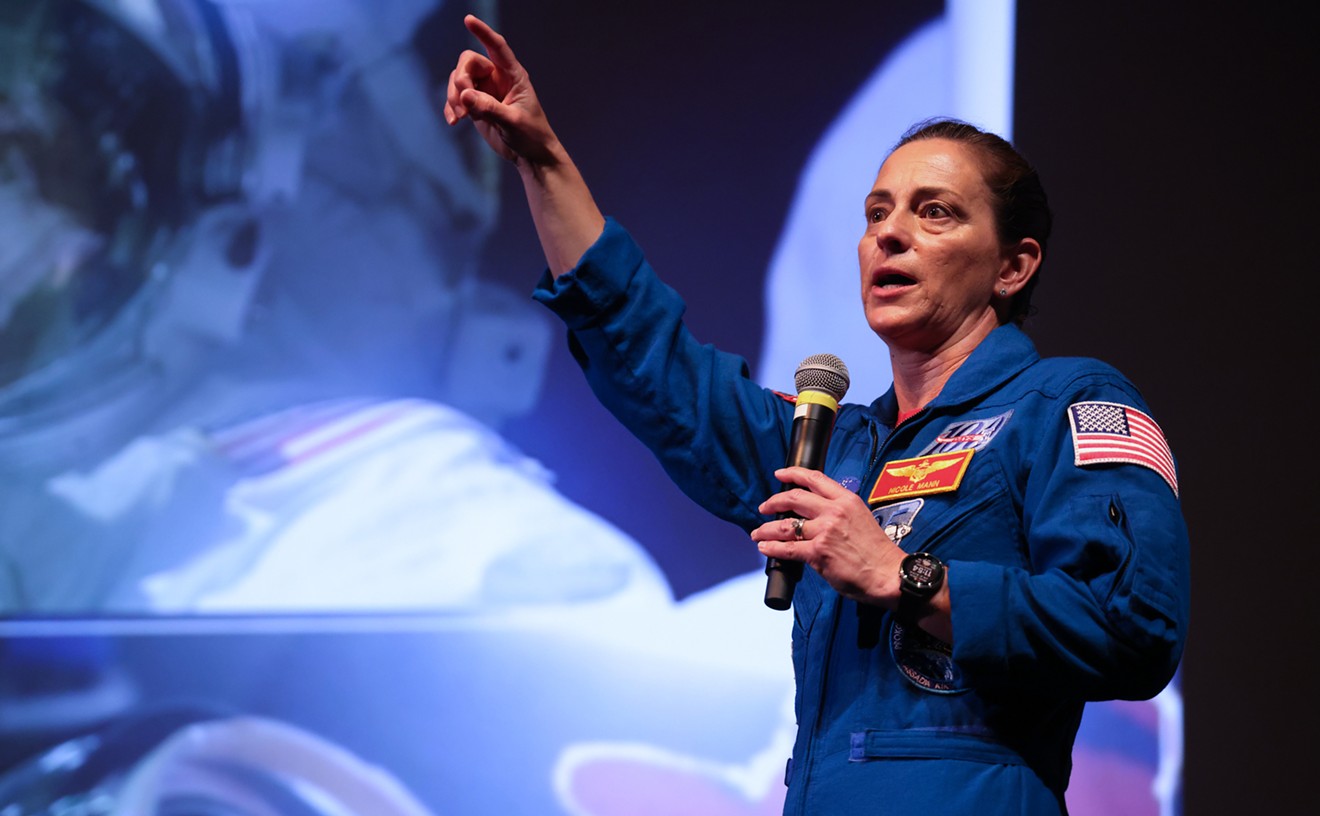Lillie Richardson is not 11 years old. I had to keep reminding myself of this during her performance in Black Theatre Troupe's production of The Bluest Eye. Richardson plays a child so winningly in this translation of Toni Morrison's acclaimed novel about a poor black girl who wishes she were someone else that it was easy to overlook the fact that Richardson is a grown woman.
Adults playing kids is a theater trick that I typically deplore, one that always distracts me from any stage story being told. Not so in director Adleane Hunter's finely tuned production, in which each of the story's four pre-teen girls is played by a grownup. Richardson and her castmates move seamlessly between enacting Morrison's people and commenting on them, a technique that keeps Morrison's narrative point of view intact.
In fact, long passages of Diamond's script are lifted wholesale from Morrison's book, and the effect is often that we're being read to rather than shown a story. It helps that Bluest Eye's presentational style is offered as a casual reminiscence by its characters, who speak to us as if we're citizens of the small Ohio town in which it takes place. It's an intimate device that lets us feel we're somehow part of the story, and already know the people and incidents we're being told, rather than simply being recited at.
The story concerns Pecola Breedlove, whose home life is a nightmare. Her father is a drunk, and her parents fight shamelessly, beating one another with pots and pans. After one such donnybrook, Pecola's father burns their house down. The girl is taken in by neighbors, whose jolly daughters attempt to draw Pecola out. Marked by sexual abuse by her father, she's obsessed with "becoming invisible," or at least turning herself into someone other than herself — someone with blue eyes and blonde hair, a little girl people will approve of.
If I have a quibble with Diamond's translation, it's that there's sometimes a lightheartedness in the girls' matter-of-fact commentary on rape and incest and racial intolerance. Hunter tempers this jolly chatter by embracing it; she understands that little girls speak to one another with wonderment, in joshing tones, about things they don't understand. It's another theater trick, and it — along with Thom Gilseth's clever, simple set design and fine performances by a talented ensemble — evokes perfectly the lonely sadness of a group of girls in a mean, long ago world.










